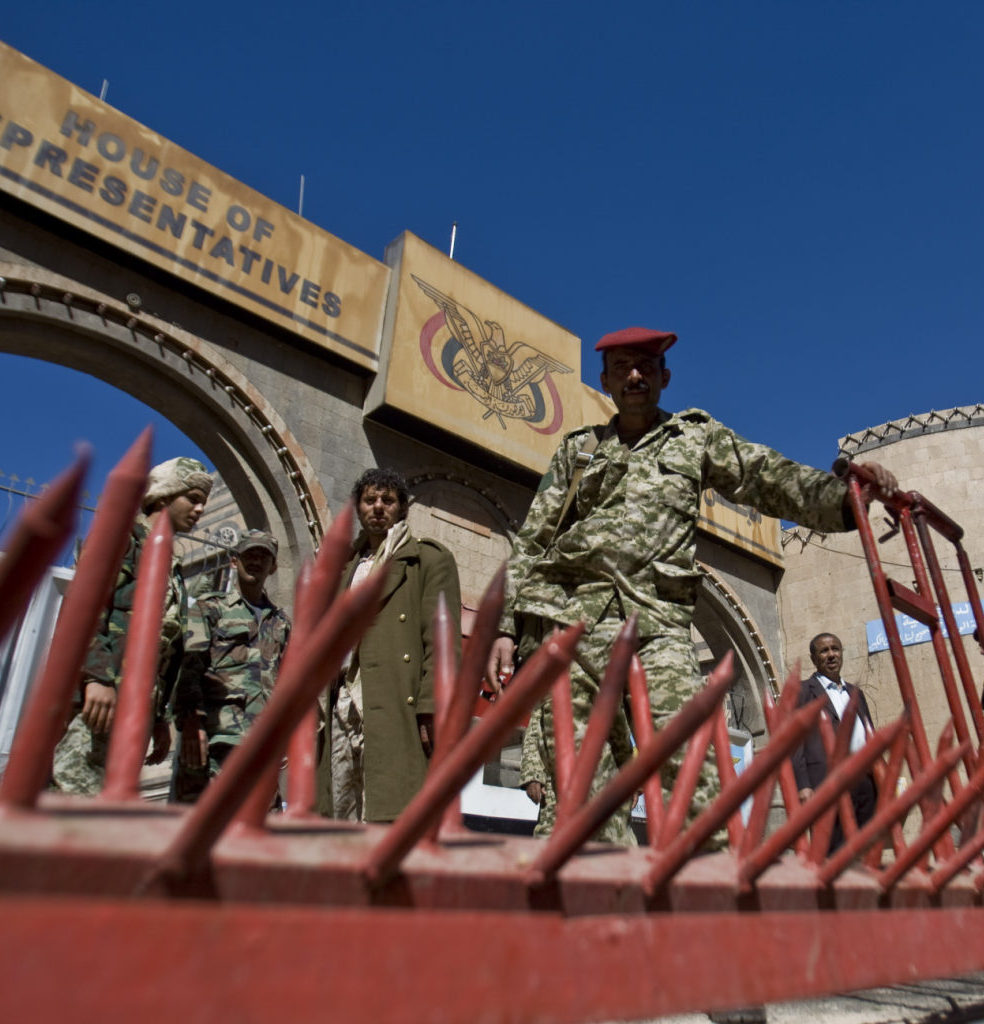Risk of civil war hangs over Yemen crisis talks
In talks that could pull Yemen back from the brink or pitch it into full-scale civil war, the powerful Houthi movement will attempt this week to draw rivals into a new presidential council to run the Arab world’s poorest country. Walkouts by two of the parties on Monday served to highlight their fear of being used as pawns, and the challenge facing United Nations envoy Jamal Benomar in trying to steer the factions toward an agreement. For all sides, the coming days will be crucial: the Houthis, despite controlling the capital Sanaa, have until now been reluctant to assume formal power, while their rivals must choose whether to cooperate or confront them.
This is the turning point for them, in terms of popular opinion … Some people who were sympathetic to them have now lost their sympathy and are angry.
April Longley-Alley, Arabian Peninsula specialist at International Crisis Group
The fall of the government has sparked fears that impoverished Yemen —strategically located next to oil-rich Saudi Arabia and on the key shipping route from the Suez Canal to the Gulf — could plunge into chaos. The Saudi government, in a statement Monday, said the Huthi initiative was akin “to a coup against legitimate authorities”. France meanwhile called on Yemeni politicians to quickly reach a “consensual solution to put end the crisis and push ahead with transition”.

Middle East yemen